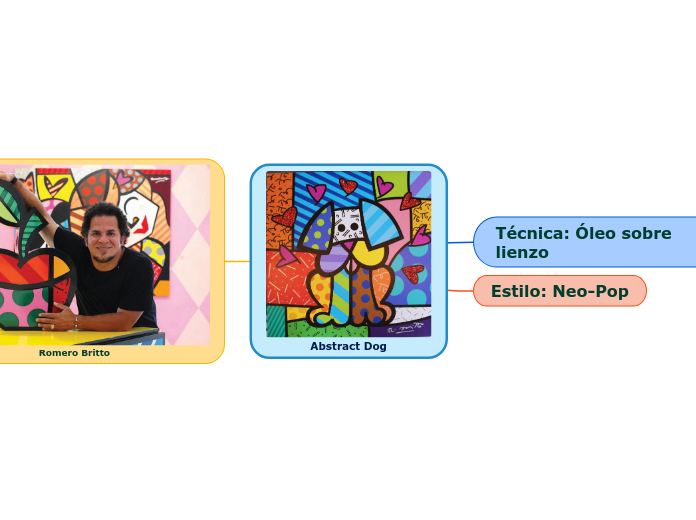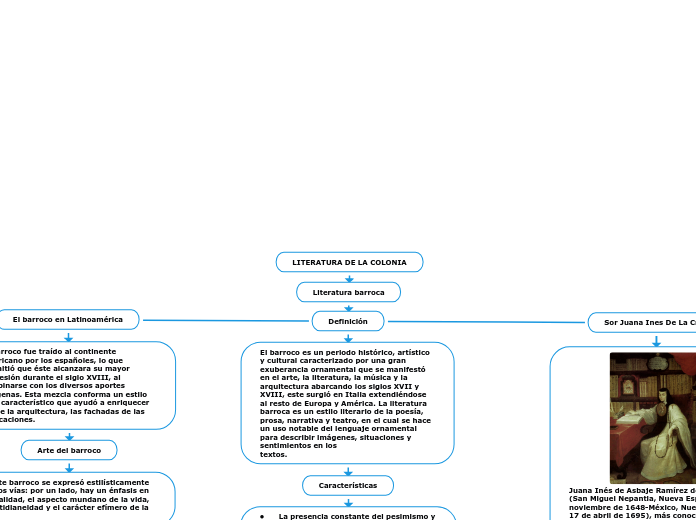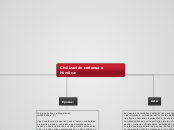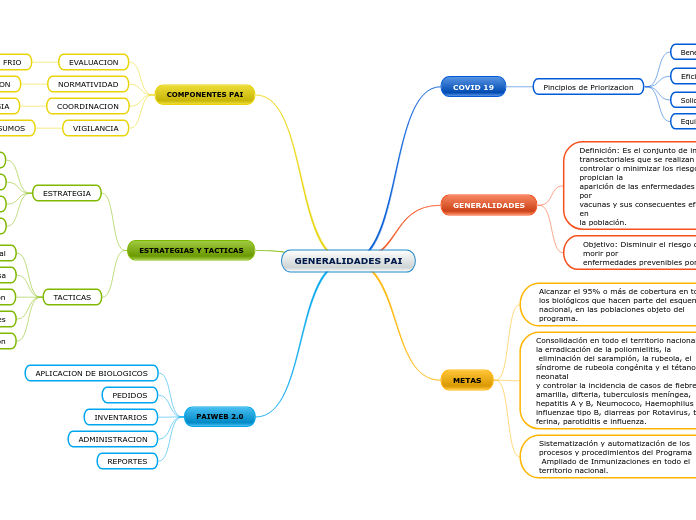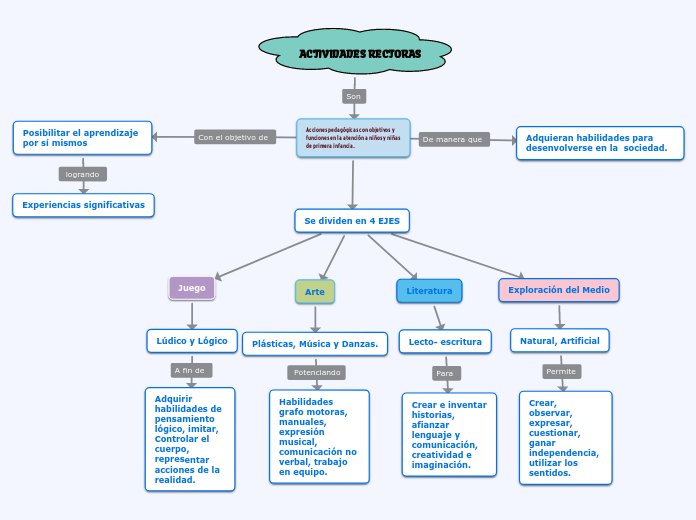Abstract Dog
In physics, energy is the quantitative property that must be transferred to an object in order to perform work on, or to heat, the object. Energy is a conserved quantity; the law of conservation of energy states that energy can be converted in form, but not created or destroyed
Romero Britto
Activista
Solar energy begins with the sun. Solar panels are used to convert light from the sun, which is composed of particles of energy called 'photons', into electricity that can be used to power electrical loads.
Write down the benefits of using solar panels.
No siendo un defensor del silencio, Britto ha sido seleccionado varias veces como vocero para las artes en el Foro Económico Mundial en Davos, Suiza. Un firme creyente en el papel de un artista como un agente de cambio positivo, Romero Britto se ha comprometido a desarrollar y apoyar el papel poderosoque toma el arte en los problemas del mundo.
Romero Britto es un activista artístico para organizaciones benéficas en todo el mundo y sobre todo un artista que cree que “el arte es demasiado importante para no compartirlo.” Él sirve como benefactor, donando tiempo, arte y recursos a más de 250 organizaciones benéficas.
Combina elementos de:
Nuclear energy originates from the splitting of uranium atoms – a process called fission.
This generates heat to produce steam, which is used by a turbine generator to generate electricity. Because nuclear power plants do not burn fuel, they do not produce greenhouse gas emissions.
Write down the advantages and disadvantages of Nuclear Energy.
Pintura Graffiti
Arte Pop
Cubismo estereotipados
Infancia y Adultez:
A wind turbine, or alternatively referred to as a wind energy converter, is a device that converts the wind's kinetic energy into electrical energy.
Wind turbines are manufactured in a wide range of vertical and horizontal axis.
Write down the advantages and disadvantages of Wind turbines.
En 1988, fue seleccionado junto a Andy Warhol y Keith Haring para la campaña “Absolut Art” de Absolut Vodka. Él combinó influencias del cubismo con el pop para crear un estilo icónico descrito por el New York Times como un arte que “emana calidez, optimismo y amor.”
En 1983, Britto viajó a París donde fue presentado a las obras de Matisse y Picasso. Después de exhibir su arte en pocas galerías y muestras privadas, Britto se animó a viajar a los Estados Unidos, donde arte pop estaba floreciendo.
Autodidacta a una edad temprana, pintaba lo que veía y lo que se le imaginaba en superficies tales como periódicos, cartón o cualquier desecho que pudiese encontrar.
Pintor nacido en Recife, Brasil, el 6 de Octubre de 1963.
Hydrogen fuel is a zero-emission fuel burned with oxygen.
It can be used in fuel cells or internal combustion engines.
Name the advantages and disadvantages of Hydrogen fuel.
Estilo: Neo-Pop
Técnica: Óleo sobre lienzo
There are many different types of energy, which all fall into two primary forms – kinetic and potential.
Energy can transform from one type to another, but it can never be destroyed or created.
